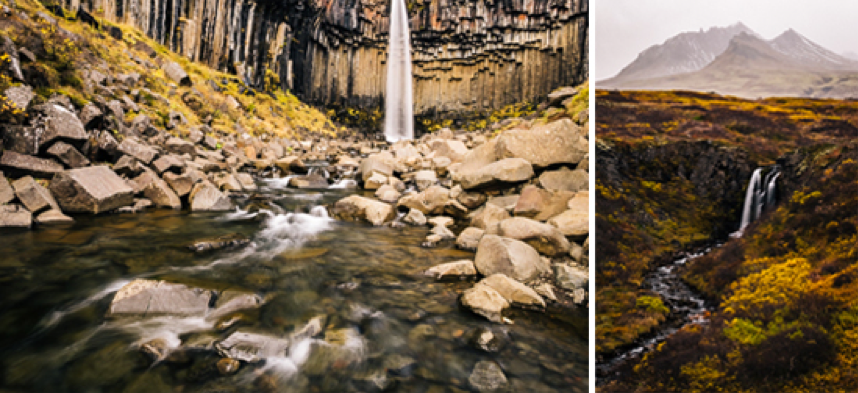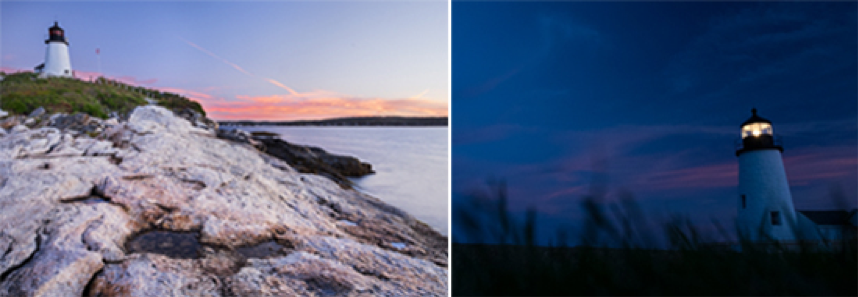When you’re working on a travel article, it’s always a good idea to take some photos to go along with your writing.
Editors love being handed a polished piece, complete with interesting images that help tell the story.
If the idea of taking publication-worthy photos seems a little overwhelming, here’s a simple thing you can do to increase your odds of getting as many great images as possible…
Work the shot.
Let’s look at what I mean by that.
As a travel writer, the process of revising and tweaking your sentences is probably very familiar to you. Creating photographs works the same way. It’s all about honing the details to create a great set of images.
Here are some ideas for ways to work the shot—and guarantee yourself a successful photo shoot:
Rotate your camera. It’s really important to remember to shoot a mix of both horizontal and vertical images. This is especially crucial for print magazines.
Don’t forget to shoot both horizontal and vertical photos during your travels.
Explore the scene. Part of telling a story visually is to think in terms of wide, medium, and close-up scenes. Wide shots provide context and help establish the setting for the viewer. Medium range shots work great for introducing a subject and showing action, while close-up shots highlight important details to help round out the story.
Try all the angles. Don’t fall into the trap of only walking around and shooting at eye level. Be sure to change your camera angle by getting down low or climbing up high to show interesting perspectives.
These images were created within just a few minutes of each other. By changing my shooting angle and thinking in terms of wide, medium, and close-up, I was able to create three very different shots in a short amount of time.
Change your lens. Experiment with all the lenses in your camera bag. If you have a zoom lens, be sure to shoot images using the whole available range from wide to telephoto. You can make dramatically different images simply by swapping (or zooming) your lens.
Leave room. As you’re composing, be sure to take some photos that include blank space that can be used for text if needed when the final piece is published.
Both of these images include plenty of empty space that could potentially be used as a background for text.
Write out a shot list. It can be so helpful to jot down a list of ideas so that you don’t miss or forget any important subjects during your travels. Depending on your location, this may include iconic landmarks, beautiful landscape scenes, people, activities, certain foods, events, etc…
Shoot at different times of day. Photography is all about light, so shooting at different times of day will really help show various aspects of a place. Planning to be out shooting at sunrise, sunset, and/or twilight will give you a great range of images to work within the end.
Light can make all the difference. If possible, plan to be out at several times throughout the day to create some unique images.
Slow down. Last but not least, taking a little time to step back and observe a scene will help you see details and anticipate moments you might otherwise miss. Taking the time to really see and notice the nuances of a place can make a big difference in the photos you come away with.
The next time you’re out exploring a place with your camera in hand, all you need to remember are three words: Work the shot.
If you keep this simple idea in mind as you’re putting together your next travel piece, you’ll be sure to come away with an awesome variety of photos to submit, along with your writing.
Travel Photography Resources
5 Dos and 2 Don’ts for Travel Photography
Take Great Photos And Get Paid More For Your Travel Articles
Turning a Photography Hobby into a Monthly Income
The Pros Of Selling Your Images As Stock Photography
16 Mobile Photography Tips And Tricks Every Photographer Should Know





